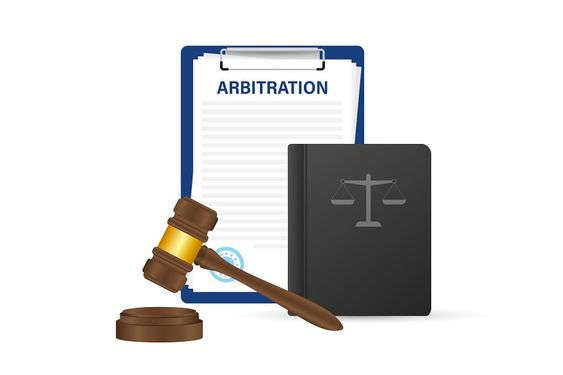Can a Policy Circular Be Considered an Arbitration Agreement? Key Insights from Dhansar Engineering vs. Eastern Coalfields
- Soumya Thakur
- Oct 16, 2024
- 3 min read

Arbitration is a popular method of resolving disputes outside of court, providing a faster and more flexible way to handle conflicts. However, the enforceability of arbitration depends on clear agreements between the parties involved. In the case of Dhansar Engineering Co. Pvt. Ltd. vs. Eastern Coalfields Ltd. (April 18, 2024), the Calcutta High Court explored whether a policy circular issued by a company can be treated as an arbitration agreement. The judgment clarified a key point: if a circular requires the contractor’s fresh consent to refer the matter to arbitration, it cannot be treated as a valid arbitration agreement.
This ruling has important implications for businesses, contractors, and anyone involved in contracts that may involve arbitration.
What Was the Case About?
In this case, Eastern Coalfields Ltd. had issued a policy circular that mentioned arbitration as a possible way to resolve disputes with contractors. However, the circular also required the contractor’s consent to actually proceed with arbitration if a conflict arose. The main question was whether this circular, by itself, could be considered a binding arbitration agreement.
The Court’s decision was clear: a circular that requires the contractor’s fresh consent cannot automatically be considered an arbitration agreement. It emphasized that an arbitration agreement must be a mutual decision between both parties.
Key Takeaways from the Judgment
Fresh Consent is EssentialThe Court ruled that if a circular mentions arbitration but requires the contractor’s fresh agreement to move forward, it does not amount to a legally binding arbitration agreement. Arbitration must be based on mutual consent, and without fresh consent, the circular alone cannot force arbitration.
Existing Contracts Must Clearly State Arbitration TermsIf arbitration is not part of the original contract, you cannot rely on a later circular to enforce arbitration. A fresh arbitration agreement needs to be signed by both parties.
Circulars Are Not Automatic AgreementsPolicy circulars often act as guidelines or proposals. They are not enforceable contracts unless both parties explicitly agree to the terms. For an arbitration agreement to be valid, it must be agreed upon in writing by both parties, not just assumed from a company policy.
Multiple Seats of Arbitration: A Risk for Uncertainty
Another important issue covered by the Court was whether an arbitration clause that mentions multiple possible arbitration locations is void for uncertainty. The Court ruled that an arbitration clause can be invalid if it lists more than one seat of arbitration without clear instructions on which seat to choose. This creates confusion about the laws and rules that apply to the arbitration, leading to complications in resolving disputes.
Why This Matters for Your Business
If you’re a business owner or contractor, understanding how to draft and interpret arbitration clauses is critical to avoiding legal challenges. Misunderstanding policy circulars or unclear arbitration terms can lead to unnecessary disputes and delays.
At Deonto Legal, we specialize in helping businesses create clear, enforceable arbitration agreements that protect your interests.
How Deonto Legal Can Help
Drafting Clear Arbitration AgreementsWe help you create arbitration agreements that are simple, straightforward, and legally binding, so you don’t face complications later. Clear agreements prevent misunderstandings and ensure that both parties know exactly how disputes will be handled.
Reviewing Policy CircularsIf your company uses policy circulars to manage contractor relationships, we can review them to ensure they don’t create legal risks. We’ll help you design a process for obtaining fresh consent when needed, so you stay compliant with legal standards.
Representation in Arbitration DisputesIf a dispute arises, we provide representation in arbitration cases, ensuring that your case is presented effectively. We can also challenge invalid arbitration agreements or clauses that don’t meet legal standards.
Customized Arbitration Clauses for Specific IndustriesWhether you’re in manufacturing, technology, or another sector, we work with you to create arbitration agreements tailored to your specific needs. This ensures that your contracts fit your business and protect your interests.
Conclusion
The Dhansar Engineering vs. Eastern Coalfields case highlights the importance of clear arbitration agreements. Policy circulars alone cannot enforce arbitration unless both parties agree. Additionally, arbitration clauses with multiple seats can be considered void if they cause confusion about where the arbitration should take place.
At Deonto Legal, we help businesses avoid these legal pitfalls by drafting strong contracts and offering expert guidance on arbitration issues. Contact us today to learn how we can assist with your contracts and dispute resolution strategies.




Comments